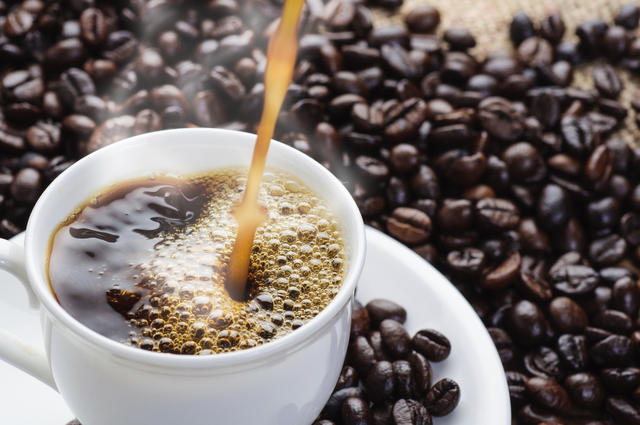Although caffeine is a psychoactive stimulant, it remains largely unregulated in most parts of the world. Therefore, it is difficult to determine the amount of coffee, tea, or energy drinks that could potentially be dangerous. Whether you are an avid coffee drinker, a tea enthusiast, or a lover of energy drinks, it is highly likely that caffeine plays a significant role in your daily routine.
Humans have been consuming caffeine for thousands of years, which occurs naturally in several plant species. This habit started from brewed herbal teas in ancient China and chewing the kola nut in West Africa. Coffee consumption spread to Europe during the 16th century, and since then, it has become a fundamental part of the daily routines of many people, while tea is a staple of British life. In the 21st century, energy drinks have gained popularity, some of which contain more caffeine than tea or coffee.
But how much caffeine is safe to consume in a single day, and how can you tell if you’ve had too much? Caffeine is a stimulant and a psychoactive drug, despite remaining largely unregulated and legal in almost all parts of the world. Eating or drinking (or swallowing in tablet form) considerably more than the recommended daily limit can have some seriously unpleasant side effects, from headaches and feeling jittery to full-blown hallucinations or seizures.
It’s recommended that adults consume no more than 400mg of caffeine per day. That’s the equivalent of:
- four cups of coffee
- eight cups of tea
- eleven 330ml cans of Coke
- two and a half 500ml cans of Monster Energy drink
However, this limit does not apply to everyone. The NHS advises pregnant women to consume no more than 200mg of caffeine a day, and children and adolescents can have up to 3mg per kilogram of their body weight.
Overconsumption of caffeine (1,000mg to 1,500mg per day) can cause a condition known as caffeinism, which consists of a range of unpleasant symptoms including insomnia, irritability, headaches and heart palpitations. But consuming significantly more caffeine than the safe limit (more than 400-500mg) in one go can cause “caffeine intoxication”, a serious but temporary overstimulation of the central nervous system.
The symptoms of caffeine intoxication include:
- restlessness
- nervousness
- excitement
- insomnia
- flushed face
- diuresis (increased urination)
- gastrointestinal disturbance
- muscle twitching
- rambling flow of thought and speech
- tachycardia or cardiac arrhythmia
- periods of inexhaustibility
- psychomotor agitation
If an individual exhibits five or more of the symptoms mentioned above, they may be diagnosed with caffeine intoxication. In extreme cases where caffeine intake is very high, the symptoms may aggravate and include mania, depression, disorientation, lapses in judgment, disinhibition, hallucinations, delusions, seizures, and rhabdomyolysis (damage to muscle cells).


![MAK EVENTS [0594110706] MAK EVENTS [0594110706]](https://freshhope1.org/wp-content/uploads/2021/03/MAK-EVENTS-150x150.jpeg)












